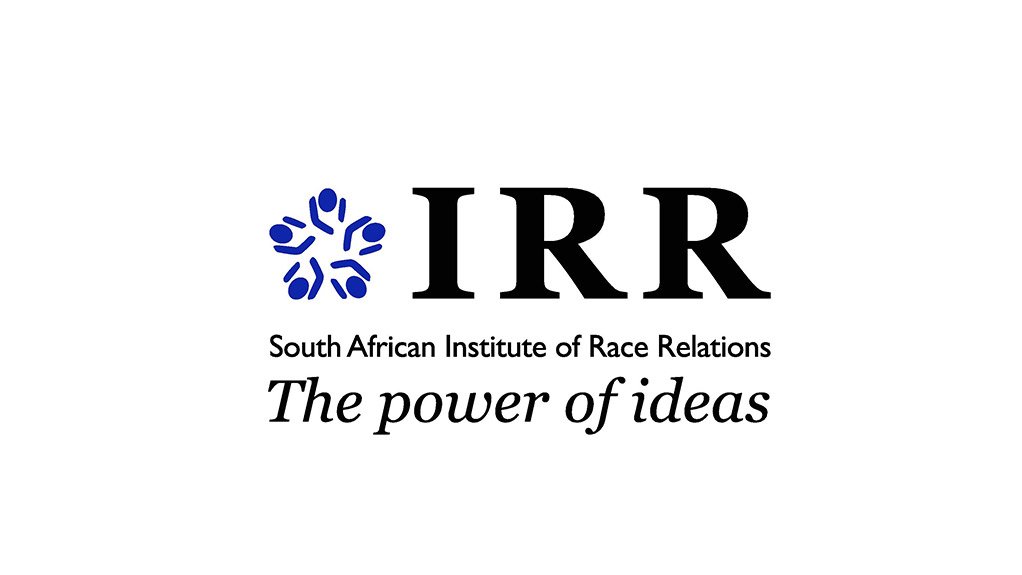Health-related strategies in lobbying for Lesbian, Gay, Bisexual, Transgender and Queer (LGBTQ) rights has been effective, but activists need to find fresh approaches to gain ground, and avoid reinforcing a stigmatised narrative.
This is one of the findings of the latest report from the Institute of Race Relations (IRR), LGBTQ rights in Sub-Saharan Africa: Perspectives of the region from the region. The report captures qualitative interviews with LGBTQ people and activists in Sub-Saharan Africa to get a sense of the grass-roots experiences of this vulnerable group in the region.
Due to political, economic and social exclusion, many LGBTQ members in African countries lack access to healthcare facilities, education and support groups. This in turn heightens the risk of men who have sex with men (MSM) becoming HIV positive. Thus, the public health imperative of improving access to proper medical benefits reinforces the drive against discriminatory laws and practices that restrict such services to the queer community. South Africa has in recent years made a concerted effort to provide HIV and AIDS prevention facilities and services targeting specifically MSM. This is a service much needed in a country experiencing some of the highest HIV infection rates in the world.
LGBTQ groups in other African countries have used the increased focus on HIV and AIDS as a stepping stone to create awareness of LGBTQ people and the problems they face as well as to advocate for equal rights.
This is also clear from the IRR’s new report. What emerges is that LGBTQ activists in Eswatini and Zambia have been fairly successful in getting the government and society at large to pay attention to the gay and transgender communities by emphasising the health aspect and focusing on HIV and AIDS. In Zambia an official government document was released that outlined responses to HIV and AIDS in the country and it included the necessity to focus on gay and transgender people. According to the document, no one in Zambia should be left behind when it comes to fighting HIV and AIDS, including those from the LGBTQ community.
Furthermore, intersex people in Zambia are also gaining more attention from the country’s health sector, and the tone on transgender people in the sector has softened. Uganda Health Ministry also aimed to have its first annual conference on Key and Priority Populations, in which it intended including members of the LGBTQ community.
However, in the Mozambique case study, another finding emerged which warns against relying too heavily on the health-related aspect in pushing for greater inclusivity of LGBTQ people. According to research done by The Other Foundation, included in the IRR’s report, a lot of funding from foundations to support LGBT and intersex people (LGBTI) in Mozambique is MSM- and HIV-focused. This however presents a double-edged sword scenario. On the one hand, focusing on the health aspect has helped to direct more attention to people most vulnerable to HIV and AIDS such as men who have sex with men. But, when it comes to advancing LGBTI rights, this acute focus has created a stigmatised narrative, with MSM populations now often being associated with HIV and AIDS. Some religious fundamentalists across Africa might even interpret HIV and AIDS as a way to punish LGBTQ people for their “sins”.
What emerges is the need for greater diversity, beyond health, in the campaign for gay and other rights. Activists have begun to do so, such as programmes in Mozambique focusing specifically on transgender rights and gay and lesbian people.
Programmes should also include educational initiatives.
A number of studies have shown that there is a clear link between education levels and tolerance for the LGBTQ community. According to an Afrobarometer study conducted a few years ago, Africans with a post-school education are three times as likely as those with little to no education of being tolerant towards gay people. Education can also be used to smash the popular misconception throughout Africa that homosexuality is a foreign or Western phenomenon.
There is a wealth of historical evidence proving that homosexuality was fairly accepted in many parts of Africa before the colonial era. Activists should strive to emphasise and create awareness of these facts.
Lobbying remains effective in promoting LGBTQ rights, especially in Africa. South Africa has recently opened the Wits Reproductive Health Institute – the first transgender healthcare facility in the country – which will no doubt provide a safe place where transgender people can access services without discrimination.
But what is clear is that this approach must go hand-in-hand with other measures to encourage equal rights for the Queer community.
Written by Gerbrandt van Heerden is an analyst at the IRR and author of the report, LGBTQ rights in Sub-Saharan Africa: Perspectives of the region from the region.
EMAIL THIS ARTICLE SAVE THIS ARTICLE ARTICLE ENQUIRY
To subscribe email subscriptions@creamermedia.co.za or click here
To advertise email advertising@creamermedia.co.za or click here











